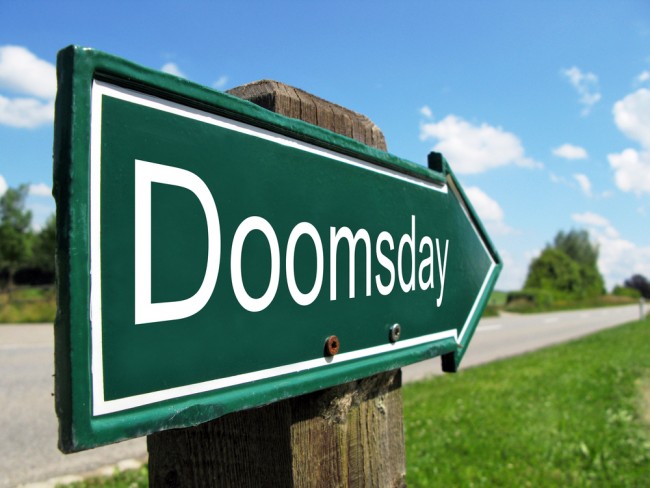Terrorists are in the business of engaging in a kind of asymmetric warfare. Their power dwarfed by nations with standing armies and sophisticated military establishments, they give vent to their grievances through shocking attacks that require, not armies, but individuals or small cadres. Terrorist groups make a small investment of people and money that results in death and mayhem, if only for a short time.
As their name implies, terrorists count on terror, panic, and fear to pursue their ends. Their hope that is a number of such attacks, costing them little while inciting increasing levels of fear, will eventually bring them the victories they want.
This is what radical Islamic terrorism does. The aim of such groups is to terrorize the democratic, pluralistic West into submission to their caliphates.
But we can only be terrified if we allow ourselves to be. That’s why I thought that President Obama’s decision not to hop onto a plane and go to France in the wake of the Paris attacks sent the right signal to the country and to the terrorists: We regret the loss of life. We remain firm in fighting the terrorists. We stand with our allies. But we’re not going to let thugs interrupt the functioning of America or its government.
Big media–major media outlets on the Internet, on television and radio, and in print–have an obligation to present news events with fairness and objectivity, of course. And they also have no obligation to present the point of view of a particular country when it comes to the acts of Islamic terrorists.
But big journalistic outlets also should not allow themselves to be unwitting co-conspirators with those who sow the seeds of terror.
The practitioners of asymmetric warfare depend on those who gather and disseminate the news to increase the impact of their misdeeds, magnifying their significance, fostering terror and panic and so, playing into the terrorists’ hands.
Right now, the cable news outlets, particularly CNN, are almost wall to wall “covering” the story of the Egyptian airliner that apparently went down in the Mediterranean. As of this moment, all we know for sure is that security officials, in the US and other places, suspect that this is a terrorist act. It probably is.
Beyond that, we know next to nothing. And THAT is the story.
Should there be stories about possible security breaches at Charles de Gaulle Airport? Should there be stories about the search for debris and the investigation? Should we learn about the victims of terror after terrorist acts? Of course.
But the obsessive coverage of terrorist events by big media breaks faith with news consumers in that, in magnifying the impact of terrorism, in helping terrorist groups with their recruiting by helping unstable people see how one person or a small group of persons can terrify an entire culture. Their obsessive “reporting” of the lost airliner gives the terrorists exactly what they want, a world quaking in fear and uncertainty, a world that thinks the terrorists are stronger then they really are.
It seems to me that in journalism, as well as in statecraft and military affairs, proportionality should be the watchword. The terrorists can cause the world problems. And every murder done by terrorists is a tragedy. And people need to be informed. But the exploitation of such events to ramp up viewership (and advertising revenue) is an unconscionable surrender to the perpetrators of terror. It helps the terrorists’ cause.
In news coverage, the terrorists ought to be whittled down to size: Journalism should report the news, then get rid of the hours of panic-inducing speculations. The only ones to benefit from disproportional–or we could say, “asymmetric”–reporting are ISIS and Al Qaeda.
Graphic via shutterstock.com

















